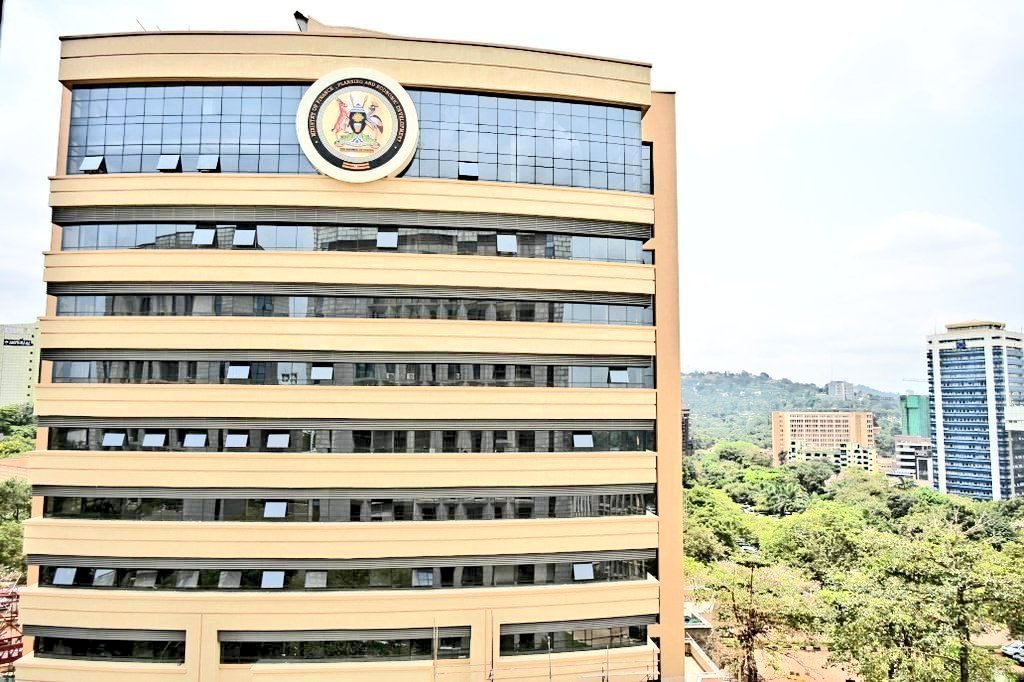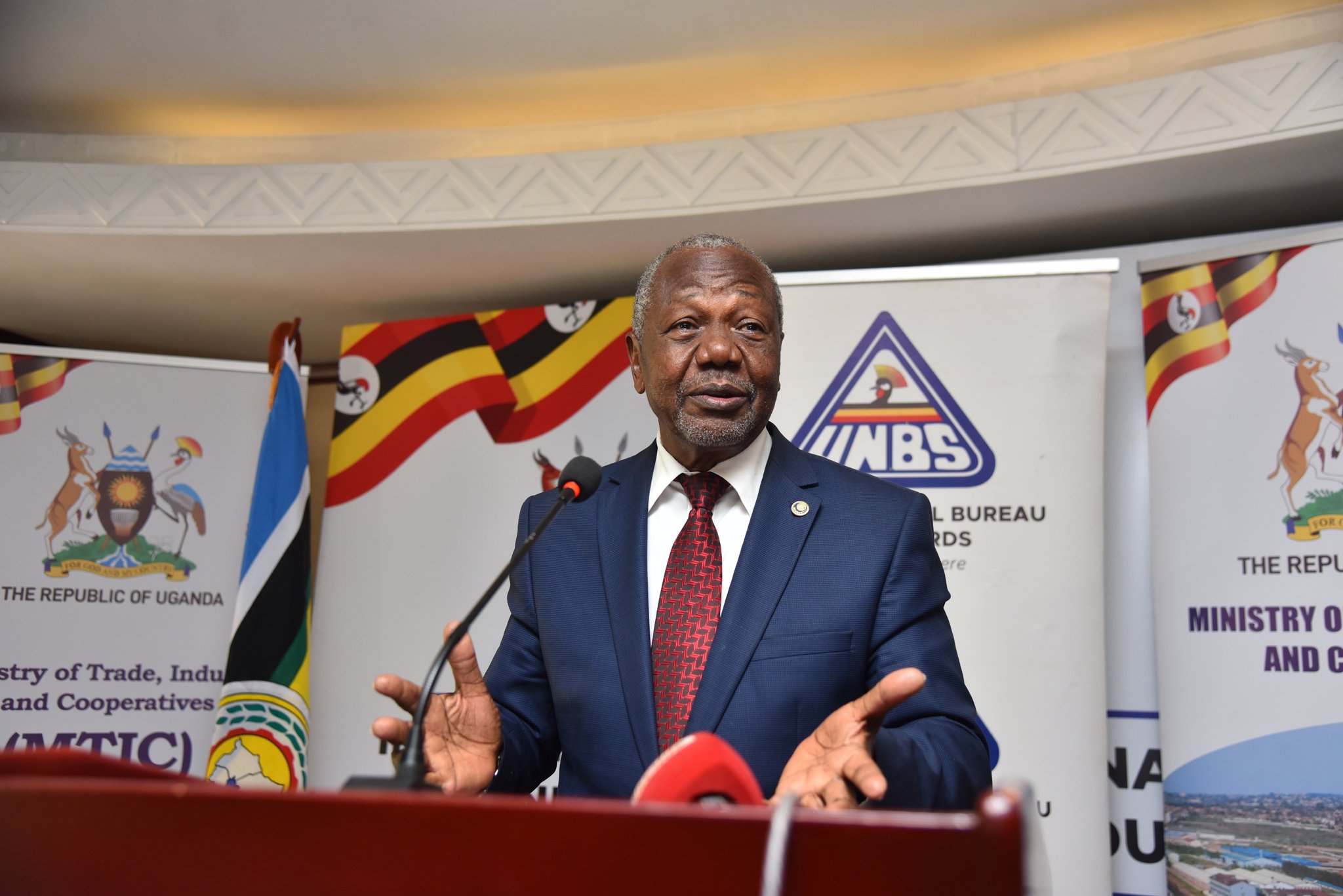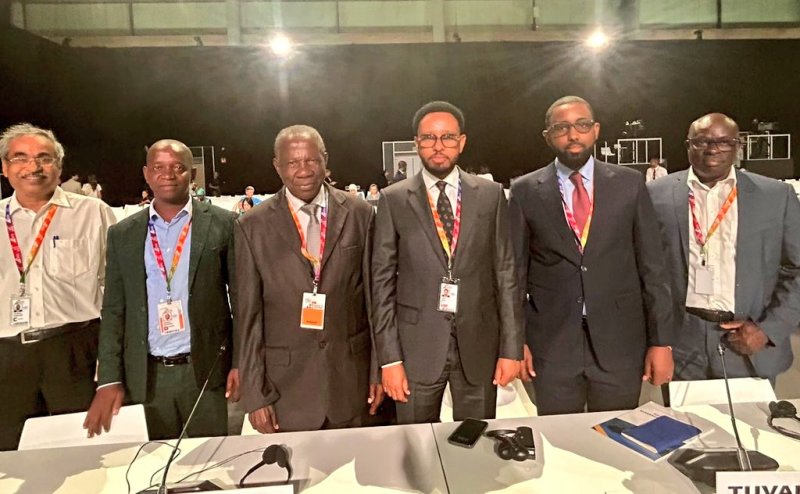Uganda eyes economic transformation through mineral stock exchange
The exchange, which is currently under development, will pave the way for Uganda’s vast mineral wealth to be listed and traded on the stock market, transforming how minerals are valued, invested in, and managed.

In a bold and visionary move, the government of Uganda, through the Ministry of Finance, is taking significant steps toward establishing a National Commodities Exchange, an initiative that could revolutionize the country’s mineral sector and unlock billions in untapped economic potential.
The exchange, which is currently under development, will pave the way for Uganda’s vast mineral wealth to be listed and traded on the stock market, transforming how minerals are valued, invested in, and managed. This development comes as part of broader efforts by the government to formalize mineral trade, attract investment, and fast-track the country’s journey toward middle-income status.
Speaking to the media, Joseph Enyimu, Commissioner for Economic Development, Policy, and Research at the Ministry of Finance, emphasized the significance of this initiative. According to him, “securitizing Uganda’s minerals on the stock market will not only bring much-needed transparency to the sector but also position Uganda as a strategic player in the global extractives market.”
“This listing will allow both local and international investors to participate in Uganda’s mineral wealth through the stock exchange. It’s about formalizing trade, boosting investor confidence, and ensuring the country gets full value from its natural resources,” Enyimu said.
This announcement arrives at a time when the government has already taken another crucial step by forming a National Mining Company. The newly established company is mandated to manage and protect Uganda’s national interests in mining ventures, following provisions in the new Mining and Minerals Law passed to ensure more state control and transparency in resource management.
Uganda is richly endowed with over 27 different types of minerals, many of which have been underexplored or exported in raw form, fetching minimal returns. This new plan, however, signals a dramatic shift. The Ministry has categorized the country’s minerals into six broad classes, starting with critical minerals needed in the global energy transition, precious metals, and industrial minerals. This classification is expected to streamline investment and support specialized exploration.
Particular attention is being directed toward iron ore and geothermal energy sources, especially concentrated in the Southwestern districts of Uganda. The region has long been known to host large deposits of iron ore a crucial input for steel manufacturing. Enyimu noted that, “government is prioritizing these resources to drive the development of a strong steel industry, which is essential for infrastructure, manufacturing, and regional competitiveness.”
In line with Uganda’s long-standing push for value addition, President Yoweri Museveni has reiterated the ban on the export of raw minerals, insisting that the country must harness its full potential by processing minerals domestically. This position has been consistent with the president’s stance on reducing economic dependency and maximizing returns from Uganda’s natural assets.
With the global demand for critical minerals soaring especially those used in clean energy technologies such as lithium, cobalt, and rare earth elements Uganda’s initiative is timely. The country stands at the cusp of positioning itself not just as a supplier of raw materials, but as a value-adding hub capable of participating meaningfully in global value chains.
The Ministry of Finance projects that the mineral sector could become a major driver in Uganda’s economic growth strategy, contributing significantly more to GDP. Currently contributing about 1.9 percent, the goal is to raise this figure to 2.4 percent by 2030, representing a growth from UGX 80 billion to UGX 180 billion in direct economic value.
This vision is closely tied to Uganda’s “Tenfold Growth Strategy,” which aims to grow the country’s economy from $50 billion to $500 billion. According to government planners, leveraging the extractives sector is one of the most realistic and impactful ways of achieving this goal, particularly when combined with value addition, technology adoption, and inclusive investment models.
While challenges remain including enforcement of mining regulations, environmental sustainability, and community engagement the direction is clear. Uganda is no longer content with being a passive source of raw minerals.







